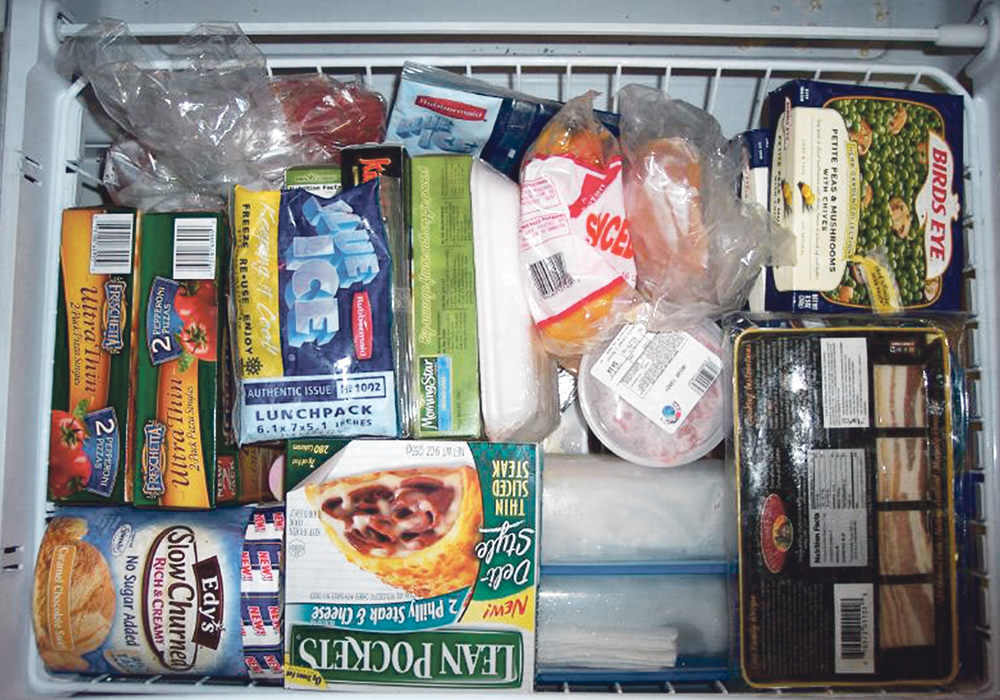Better packaging to extend shelf life creates dilemma as non-biodegradable material ends up in landfills, oceans
LEXINGTON, Kentucky — The food business is caught in a Catch-22 situation.
The public wants to control food waste and one way to do that is with better packaging to preserve freshness and prevent spoilage.
On the downside, better packaging often means plastic but more people are concerned about the amount of plastic being thrown away, accumulating in landfills, roadsides and oceans.
A recent study found 8.1 million kilograms of trash are dumped in the ocean every year, said Karl Deily of the packaging company Sealed Air. Companies like his, which works in 120 countries and has US$4.7 billion in annual revenue, realize more investment needs to go into recycling and reformulating plastics used in the food business.
Read Also

Drones now used to assess wildlife crop damage in Saskatchewan
Wildlife damage in Saskatchewan crops is now assessed by drones and artificial intelligence.
Food waste is an environmental and humanitarian problem where meats and produce are lost to spoilage and other reasons.
“In the U.S. by far the most advanced and dynamic agriculture economy in the world, 40 percent of the food produced is never consumed,” he said at the international Alltech conference held in Lexington May 19-21.
“Not only is it a humanitarian issue. We could feed 27 million people that go to bed without enough nutrition in North America if we could save 15 percent of that food that is spoiled. It is also an economic issue as well and it is an environmental issue,” he said.
Modern packaging extends the life of food from days to weeks so it can be transported greater distances. Fresh food has more value than frozen products so proper protection is needed.
“In the packaging industry, we believe packaging is a great investment to help extend the shelf life and help get food from where it is produced to where it is consumed,” he said.
Most food waste occurs at the grocery store and at home.
The British grocery giant Tesco studied how much it wasted every year in its stores. This data was added to its annual report and corporate officials mused over whether better packaging that cost more might still provide a better rate of return overall. Profitability did improve because there was less waste and food had a longer shelf life.
However, a damning report from the Ellen MacArthur Foundation said by 2050 there will be more plastic by weight than fish in the ocean. That three-year study roused public emotion and plastic waste was suddenly viewed as a serious problem.
In 2017 China passed a law to limit or ban importation of scrap plastic from around the world. It was a net importer of scrap plastic that was recycled.
India was the second largest importer. Most came from the United Kingdom and Europe because they had no other outlet to deal with scrap plastic.
At the same time, the European Union was examining the problem of food waste and found there was a high level of consumer awareness. However the emotional issue around plastics in the ocean showed 88 percent of people polled were more concerned about plastic pollution than food waste.
The EU is embarking on ways to deal with excess plastic. It said plastic must be reusable or recyclable and the use of virgin plastic should be avoided.
A number of companies signed on to the agreement but no one is sure how they are going to do it.
Some countries including Canada have proposed a tax on plastics but Deily does not see that as realistic but nobody wants to pay for it.
“Consumers like to talk about sustainability and they like to talk about reducing waste but they don’t want to pay for it. All this has to be done in a cost-neutral methodology,” he said.
In North America, where people have access to recycle services, only about half return their empty bottles and other plastics.
















